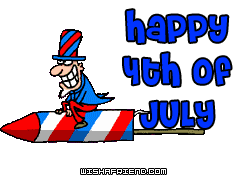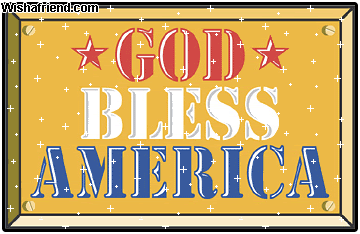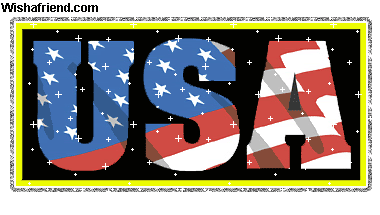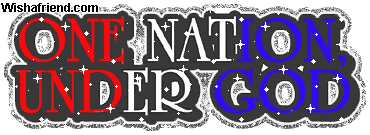Patriots and Loyalists Disagree
- ..
Though most people agreed with the boycotts of British imports there was a small minority that preffered the British rule. Many, if not most loyalists dreaded the Patriots and mobs. Some Loyalists didn't fight because they were not dissatisfied. They may have been wealthy or simply believed that Great Britain was justified in its actions. Patriots would insult Loyalists and mistrusted them because they did not believe in the Patriots' cause.
Despite mounting grievances, it is important to note that many Patriots considered themselves subjects of the King until the brink of war, and were often proud of being British. Britain Britain
Loyalists opposed patriot causes becaus the preffered English rule, they considered Patriots brutal, they disliked the militia and most importantly, the favored law and order.















